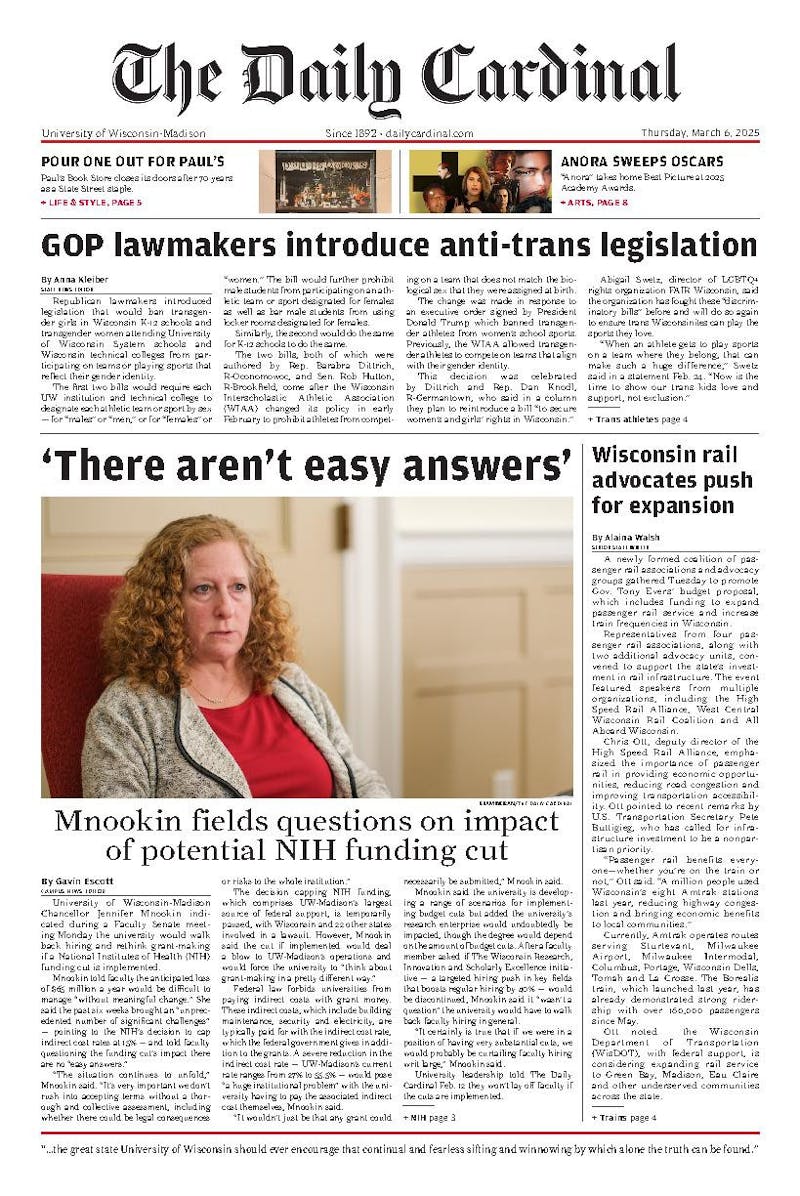As its monocle-with-top-hat mascot suggests, the New Yorker is a snooty magazine. Its weirdly avant-garde comics suggest sophisticated"" humor beyond the comprehension of us normal plebes, and its densely written theater reviews add a touch of bourgeois to any magazine rack.
But if there's anything about the New Yorker that exemplifies its touch of class, it is its reputation as a ""literary"" magazine. Its fiction section is limited to one short story or novel excerpt a week, and these submissions are carefully chosen with the knowledge that they will represent the zeitgeist of American literature. Long before Junot Diaz's ""The Brief and Wondrous Life of Oscar Wao"" became a major bestseller, his short fiction appeared in the New Yorker.
Yet, while the New Yorker often makes stellar choices in who it markets to the reading public, there is something annoying about the way it goes about picking authors. As much as the magazine anticipates up-and-comers and guides consumer attention toward them, it chooses stories primarily on the basis that they buttress its sophisticated reputation. Which is to say that the New Yorker generally keeps critical attention (not to mention readers' attentions) on more erudite works of literature rather than giving credit to more accessible works of the genre. Indeed, when it comes to the New Yorker's poetry selection, most pieces are barely even legible because of how ridiculously profound the language is.
In general, the focus on literature in recent years has been not on what books are the most entertaining, but which books are the most technically literary. It's almost as though the introduction of television and new media has rendered reading for pleasure obsolete, and the only place for novels and short stories in society are as emblems of higher intellectualism or even snobbiness. While the New Yorker may not have started this theme, it certainly helps perpetuate it. This isn't to say that all its picks are dull or unfunny, but you're certainly more likely to see Alice Munro than pulp science fiction.
Although the New Yorker may also pan every film that comes out that isn't by an obscure Czech director, it doesn't matter so much to movie-goers whose tastes are influenced by hundreds of prominent entertainment publications and insane amounts of advertising. Books don't get much advertising outside of reviews or published excerpts, though, and the New Yorker is by far the most prominent weekly magazine publishing fiction. The problem is, at a time when book readership is decreasing dramatically, especially among young people, there is little need to enforce the idea that reading is an elitist activity. Also, as some (but not enough) book critics have argued, complicated ""literary"" language doesn't necessarily translate to ""good.""
The New Yorker has always played an important role in keeping literature in the public eye. If it doesn't lighten up its content, though, the magazine may end up hurting readership in America rather than helping it.
Do you read the New Yorker and consider yourself anything but snobby and pretentious? E-mail Frances at provine@wisc.edu.





